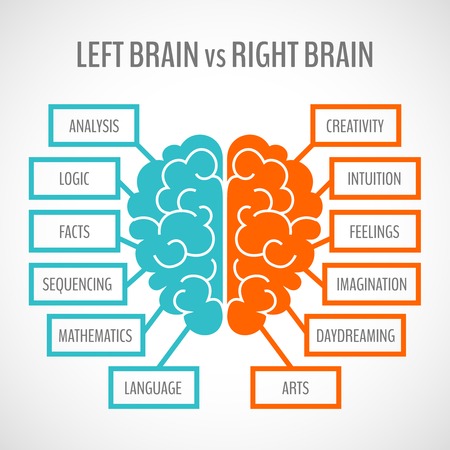Tips for raising High EI children
Emotional Intelligence is the capability to be aware of, control, and express one’s emotions, and to handle interpersonal relationships judiciously and empathetically. In simple terms it involves the ability to monitor one own and other’s emotions, to discriminate among them, and to use the information to guide one’s thinking and actions.
Emotional Quotient (EQ) is the level of a person’s emotional intelligence, often as represented by a score in a standardized test
Working on your child’s emotional intelligence could well be the most important aspect of their personal development.
Research has shown that people with higher levels of emotional intelligence enjoy more satisfying and successful careers and relationships. If you think about ways to enhance your EI, you are likely to become more interesting and attractive to others, and you will also give your self-esteem a boost.
You can start to give this to your child at a young age and it will serve him/her for the rest of their lives.
The skills of a EI child
- Self-Awareness
- Self-Confidence
- Awareness of one’s emotional state
- Understanding of how another’s person’s behaviour influences theirs
- Self-Management
- How to handle stress and frustration.
- The ability to know when to speak up and when to stand back
- Flexibility to change and learn to make the most of all circumstances
- Social Awareness
- Picking up on a mood in the room
- Caring about what others are going through.
- Listening to what others are saying
- Relationship Management
- Clearing expressing ideas and information
- Getting along well with others
- Able to manage conflicts effectively
- Awareness of other people’s emotions
The Human brain has two hemispheres. The left and the right

The left side of the brain can be thought of as the “logical” side. The functions of this side of the brain include:
The left brain is the logical, sequential, and rational side of the brain. It is analytical, objective, and looks at the parts of a thing first, before assembling it into a whole.
The right side of the brain can be thought of as the “creative” side. The functions of this side of the brain include:
The right brain is thought of primarily as being the random, intuitive side of the brain that tends to look at the whole first. It is holistic, subjective, and synthesising.
Tips for raising High EI Children
- Start by making it a habit to identify your own feelings as well as the feelings of others
- Provide a warm and supportive family environment.
- Model EI yourself- children learn how you respond to anger, joy, frustration and learn by watching parents/ teachers and model their behaviour.

- Model EQ skills and let the child be aware of them. Just modelling kindness is not enough, the child should know why you have helped someone or why you are donating.
- Teach your children that they can’t choose their emotions, but they can choose what to do with those feelings. If you acknowledge how they feel, you are making them know that they are safe and that it’s alright to feel that way. Even if you don’t agree with them, you can still let them know you understand how and why they feel that way. Just by acknowledging how they feel, you can guide them in finding a calm, productive solution.
- Teach your Children that It’s OK to Fail. Explain to your child that everyone fails and offer a story about a time when you yourself failed. You can model for your child how to handle frustration and disappointment. Remember, kids are always watching and taking cues from parents.
- Always be there for your child. Don’t get so engrossed in your own life that you have no time to listen, communicate with your child.

- Teach children concepts of emotions and feelings during story or activity time. Pictures and facial expressions will help children understand the relationship between feelings and self-expressions.
- Start coaching at an early age- to train your child to be responsible and confident.
- Practice being non-judgmental. Start labelling feelings and avoid name calling. For example, say “he seems angry” rather than “he’s a hothead”. When Children cry, say “You seem sad” rather than saying “stop eating my head”. Depriving children of their feelings that they are experiencing will only drive them away and make those emotions stronger. Learn to listen to the children with and open mind and acknowledge their emotions.
- Be willing to be part of their problem. Don’t stand at a distance and react.
- Talk about feelings as a family i.e. state your emotional goals as a family e.g. no shouting, no calling names. Families that talk about their goals are aware of them and more likely to achieve them.
I would like to finish by saying that the most critical ingredient for raising an emotionally intelligent child Is the parents TIME.
Namita Bhatia
NLP4Kids Practitioner at Kids Mindset Therapy Ltd http://childtherapypinner.nlp4kids.org/

Leave a Reply